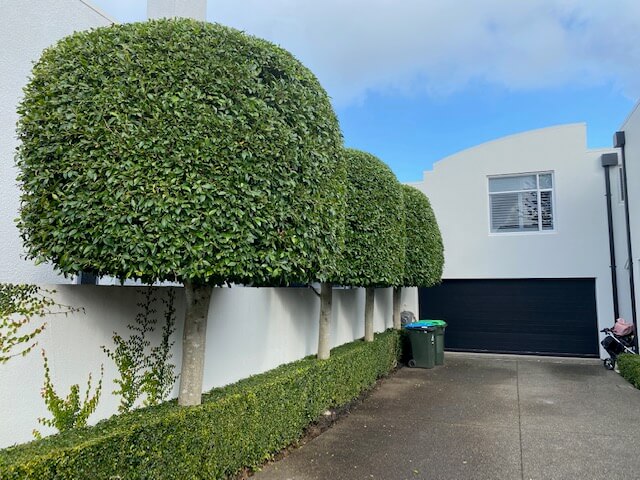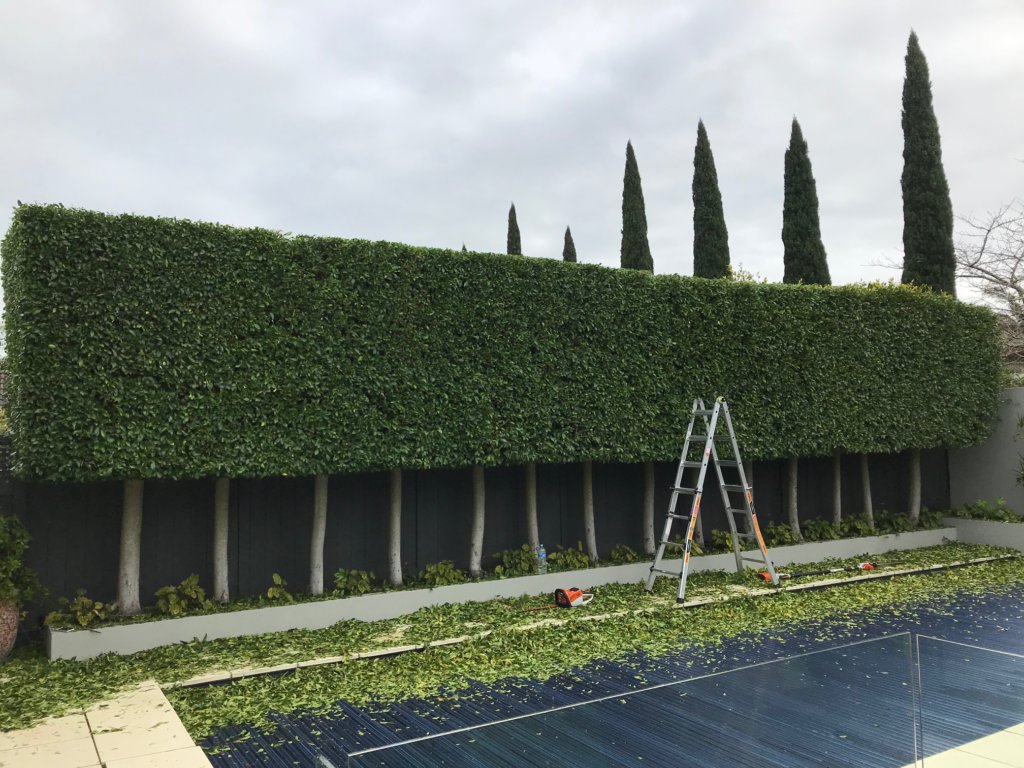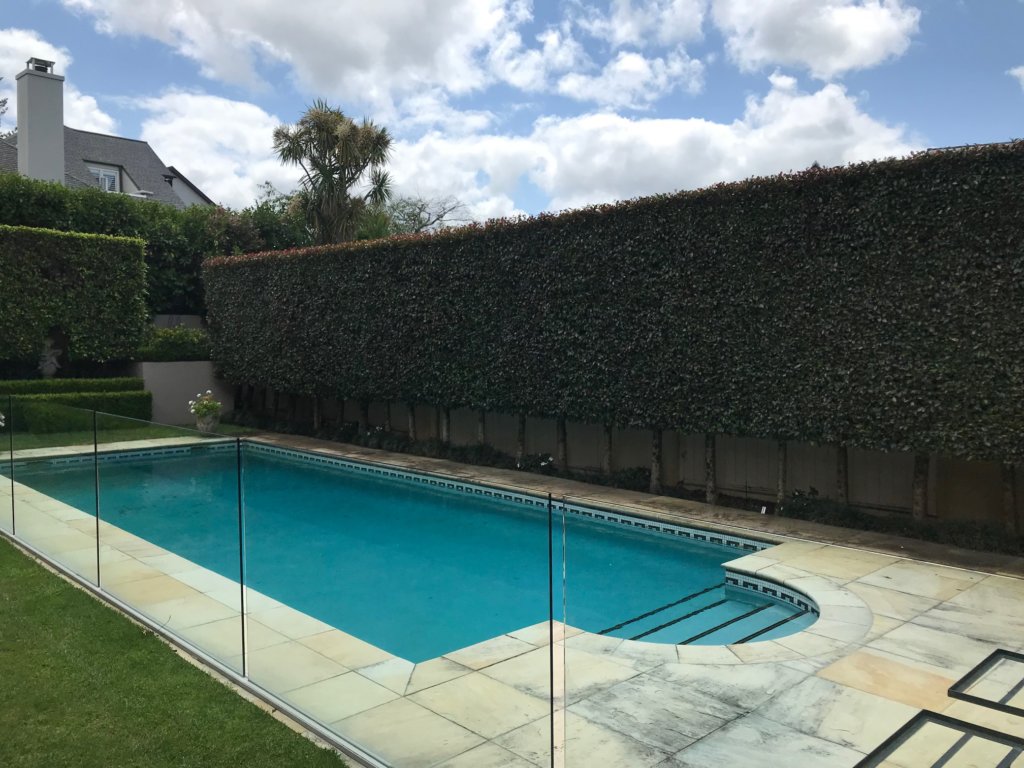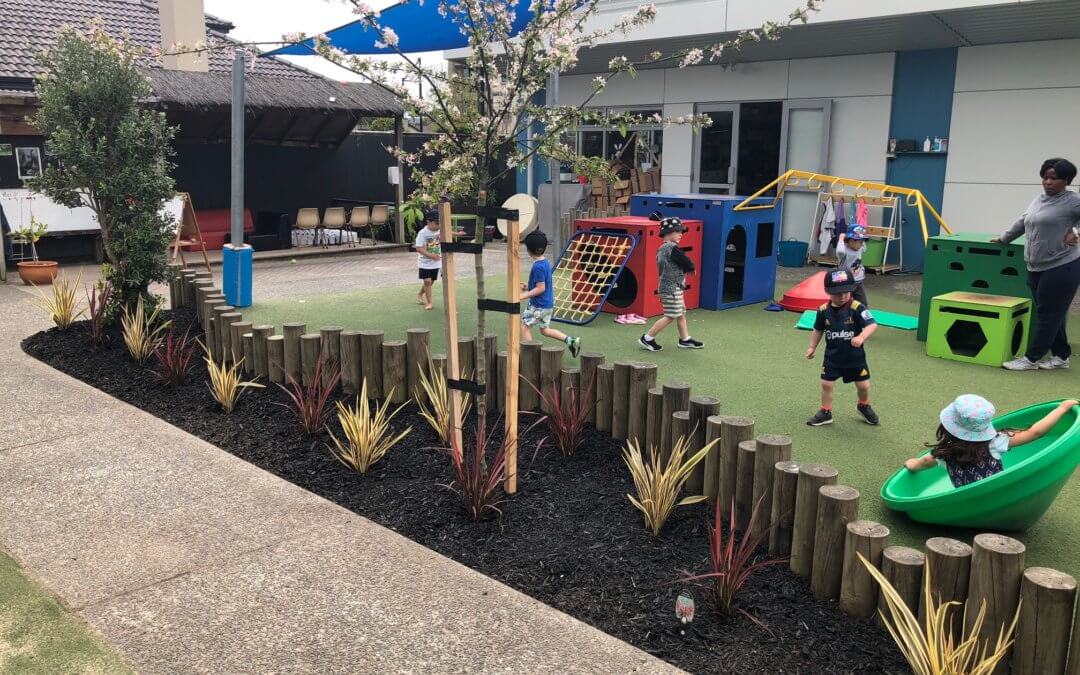
Large Ficus Tuffi Trees – Trimming & Shaping
Some lovely trees that required trimming & shaping for a new client in Kohimarama, Auckland.

Some lovely trees that required trimming & shaping for a new client in Kohimarama, Auckland.
The Garden Team provides professional pruning & hedge trimming services to shape hedges, shrubs and bushes in your gardens and landscapes.
Our experts have all the right tools, training, and the safety protacols in place to work on all shapes, sizes and heights of hedges.
Please call us to discuss your needs on 021 350 575.
Below are the Auckland suburbs we work:
Remuera, Parnell, Mission Bay, Meadowbank, Kohimarama, Orakei, Glendowie and Epsom.


When it comes to a garden makeover, or your garden’s facelift, gardening, landscaping, well-laid out gardens in your backyard, weeding, garden maintenance and gardening services around the Glewndowie to Remeura areas, then all that should come to your mind is The Garden Team. We are a company that offers all these services and more in the eastern suburbs of Auckland.
Our well-trained, professional and experienced team can undertake all your home and garden care needs and ensure that when you have engaged us, it is a job well-done.
Our services are definitely a cut above the rest and this is evident in the final output of our efforts. When you engage us for a complete garden makeover or you want a new landscaping to be done in your backyard, then our aesthetic knowhow, the neatly placed flowering plants, decorative plants, trees and shrubs interspersed with grassy lawns all contribute to the appealing garden space that we have transformed.
Many of our regular garden maintenance clients initially came to The Garden Team for a ‘spring clean’ or massive tidy-up. Then we tailored a plan for regular visits that would cover the needs of your garden like trimming, pruning, spraying and re-planting, as your garden requires.
If you live in Glendowie, Meadowbank, St Johns, Mission Bay, Orakie, Kohimarama, Remuera, Parnell or Epsom please call Dave and I can meet with you to discuss your needs and provide you with a quote.

The Garden Team have been providing garden make-overs with child safety in mind.
When it comes to plant and shrub selection for their gardens, it’s not just selecting plants that don’t have spikes.
We look to select plants that when trimmed don’t generate sharp trimmed branches also staying away from plants that have leaves that if eaten can cause harm to small children, and sappy plants are not a good choice.
We have experience at carrying out large scale clean-ups of gardens, plant selection through to regular garden maintenance. So if you’re child care centre is in the area of Mission Bay, Epsom, Mt Eden and suburbs between please call to discuss your needs